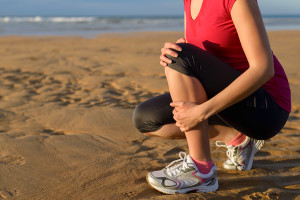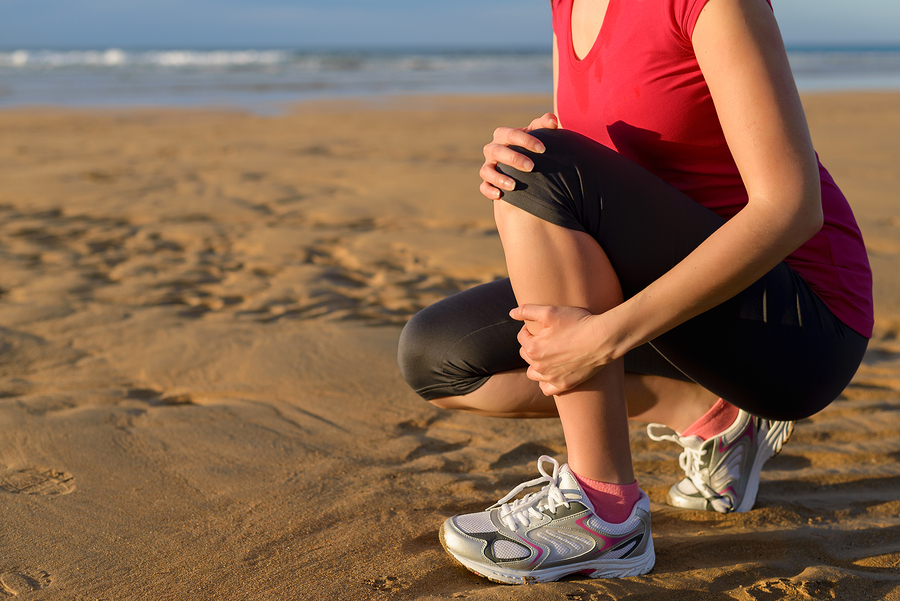Shin Splints: Causes, Treatment, and Prevention
 “Shin splints” is a term that is often used to describe medial tibial stress syndrome, an overuse injury that is commonly experienced by runners, gymnasts, dancers, and other individuals who engage in high-impact activities. The hallmark of the condition is pain (sharp or dull) that runs along the front of the shinbone (tibia), worsens when running or walking, and lasts longer that the typical soreness that results from exercise. An athlete may be particularly susceptible after increasing the intensity of his or her workouts.
“Shin splints” is a term that is often used to describe medial tibial stress syndrome, an overuse injury that is commonly experienced by runners, gymnasts, dancers, and other individuals who engage in high-impact activities. The hallmark of the condition is pain (sharp or dull) that runs along the front of the shinbone (tibia), worsens when running or walking, and lasts longer that the typical soreness that results from exercise. An athlete may be particularly susceptible after increasing the intensity of his or her workouts.
No single injury has been associated with shin splints. Rather, the discomfort can result from one or more of the following overuse-related causes:
- Inflamed muscles
- A series of tiny stress fractures in the lower leg bones
- Overpronation (an inward rolling of the foot such that the impact of a step collapses the arch)
- Core muscle weakness
While shin splints can be painful enough to inhibit activity, the condition usually resolves on its own with time. Many physicians also recommend a treatment approach known as “multifaceted relative rest,” which can include:
- A break from the activities that caused the symptoms; in the meantime, cardiovascular fitness can be maintained through cycling, swimming, pool running, and other low-impact activities until the symptoms improve
- The application of ice packs
- A course of nonsteroidal anti-inflammatory medications
- A regimen of stretching and strengthening exercises that target the lower leg muscles
- An elastic bandage or neoprene sleeve worn around the affected region
To help prevent shin splints, it’s important to warm up prior to working out, gradually increase the intensity level, and cross train. Active individuals should also wear shoes that are appropriate to the activity, fit properly, and provide sufficient support.
At South Tampa Immediate Care, our experienced medical staff will be pleased to answer your questions about shin splints and other sports-related injuries. Our walk-in clinic is open Monday through Friday, 8 a.m. to 8 p.m., and weekends, 8 a.m. to 5 p.m., and we do not require appointments.













